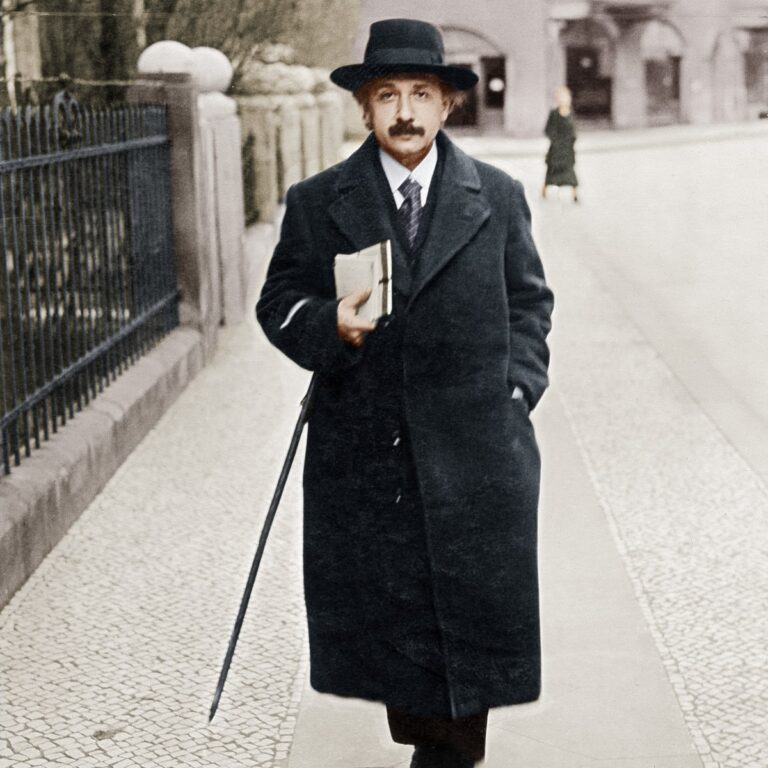Project MAQCS: €20M initiative to build a 1,000-qubit quantum computer at LRZ.
Neutral Atom Qubits: Multi-core design improves speed and efficiency for research and industrial use.
Integrated Systems: Seamless hybrid supercomputing environment at LRZ for cutting-edge research.
Planqc has secured a €20 million project to develop a 1,000-qubit quantum computer for the Leibniz Supercomputing Centre (LRZ) in Garching near Munich. Named the "Multicore Atomic Quantum Computing System" (MAQCS), this advanced system will use neutral atom technology to enhance computational power and efficiency. Funded by the German Federal Ministry of Education and Research (BMBF), MAQCS will integrate with LRZ’s high-performance computing infrastructure.
The system is designed to support scientific and industrial applications, offering a quantum co-processor that complements classical computing. Collaboration with the Max-Planck-Institute of Quantum Optics (MPQ) brings additional expertise to the project, which emphasizes both scalability and practical usability in real-world environments.
"Surpassing 1,000 qubits and integrating this system into a supercomputing ecosystem as a co-processor is a major leap forward."
— Alexander Glätzle, CEO, planqc
The MAQCS quantum computer will feature a dual-core setup, each core housing 500 qubits. This architecture allows one core to reset while the other continues computation, reducing latency and improving performance. The focus is on advancing quantum error correction to develop fault-tolerant systems capable of solving complex problems in fields like pharmaceuticals, cryptography, and materials science.
"With the MAQCS project, planqc is demonstrating the potential of neutral-atom quantum computing. Our innovative multi-core architecture not only boosts efficiency and scalability but also lays the groundwork for real-world applications. We are proud to lead this effort and help establish Germany at the forefront of global quantum innovation."
— Sebastian Blatt, CTO and co-founder of planqc
Another distinctive feature of the MAQCS system is its operation at room temperature, unlike other quantum systems that require near-zero temperatures. This provides greater flexibility and reduces operational complexity. By integrating with LRZ’s Munich Quantum Software Stack (MQSS), users can access the quantum system seamlessly via cloud and HPC workflows, enhancing accessibility for researchers and developers.
MAQCS adds a third type of quantum computing to LRZ’s portfolio, alongside systems based on superconducting circuits and trapped ions. This diverse approach positions Germany as a leader in quantum innovation, delivering critical tools for advancing technology across Europe.


